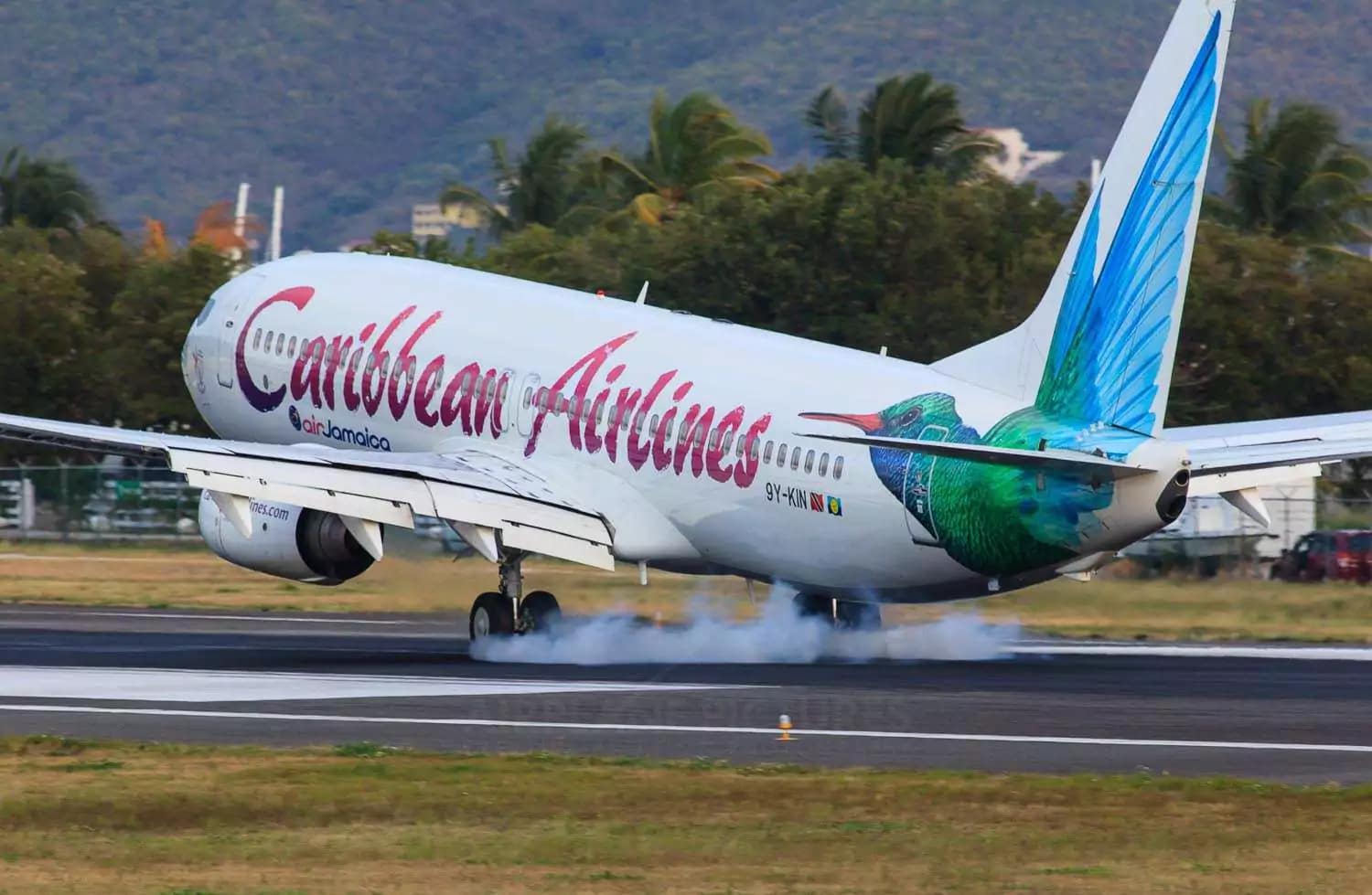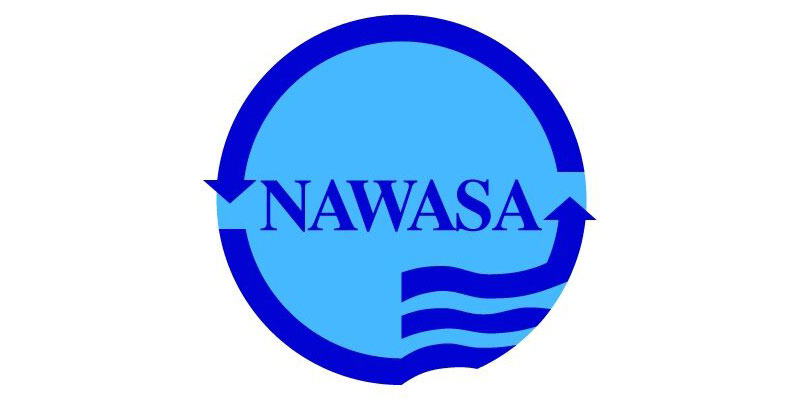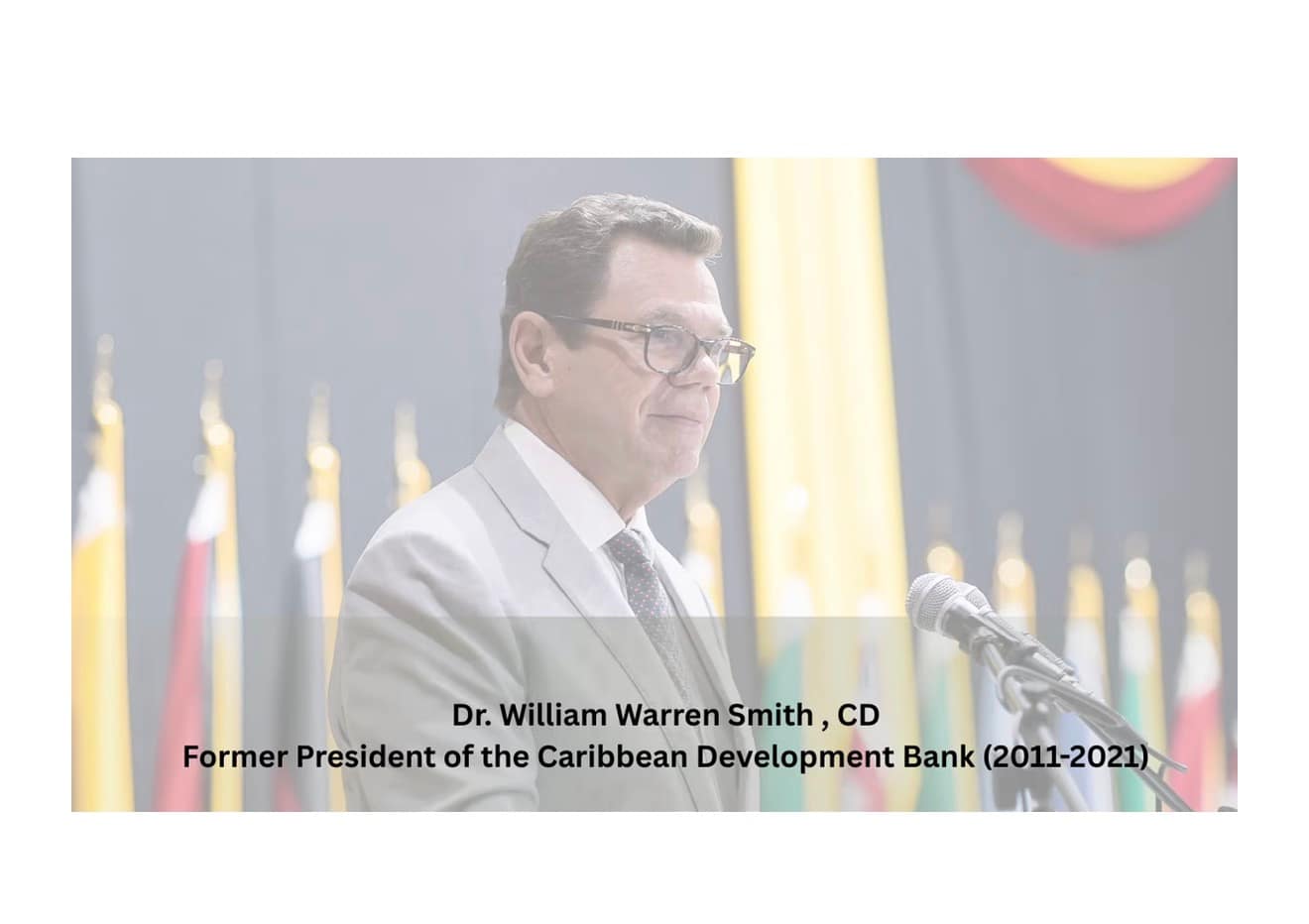Saint Lucia has initiated a critical National Insurance Dialogue to address mounting structural challenges within its insurance sector that threaten both economic stability and household security. The comprehensive national consultation comes in response to escalating insurance premiums, diminishing coverage availability, and growing exposure to climate-related vulnerabilities.
Joseph Dolor, Chairman of the Life and Health Subcommittee, delivered a stark assessment during the dialogue’s launch at Hewanorra House in Castries, emphasizing that the island’s insurance market faces fundamental structural pressures. “Saint Lucia’s insurance market is under structural pressure,” Dolor stated unequivocally, warning that without coordinated intervention, coverage would continue to shrink while premiums would maintain their upward trajectory.
The crisis stems from multiple converging factors, including global reinsurance market pressures where catastrophic risk repricing has driven rate increases of 15-30%. These international cost pressures directly impact small, high-exposure territories like Saint Lucia, with reinsurers reducing capacity and imposing stricter underwriting terms. Additionally, the island’s concentrated exposure to natural hazards—including hurricanes, landslides, and climate volatility—makes the market inherently more expensive to insure from a risk pricing perspective.
Motor insurance has emerged as another significant driver of premium increases, with both frequency and severity of claims showing concerning upward trends. Dolor explained that motor insurance premiums are fundamentally driven by claimed outcomes, requiring adjustments to maintain insurer solvency and claims-paying ability.
The system faces additional pressures from inflation, volatile rebuilding costs, high deductibles, prolonged settlement periods, and the five percent insurance premium tax—particularly burdensome for low and middle-income households. These are not temporary market fluctuations but represent structural realities that demand comprehensive solutions.
Alarmingly, approximately 80% of residential properties on the island lack property insurance coverage, reflecting critically low insurance penetration. This low uptake stems not only from affordability constraints but also from mistrust, misunderstanding of insurance products, and limited financial education.
The economic implications are profound, as Dolor emphasized that “insurance is economic infrastructure.” In an uninsured economy, recovery slows, credit markets tighten, and fiscal pressure on the government intensifies. When insurance becomes optional, risk doesn’t disappear but shifts from the private sector onto families and government resources.
While property insurance dominates public discourse, Dolor highlighted the crucial role of life and health insurance as “silent stabilizers” that protect household income streams, maintain mortgage payments, and prevent health crises from triggering generational poverty.
Permanent Secretary Sophia Alfay-Henry of the Department of Commerce described the consultation as addressing “an issue of national importance,” demonstrating the government’s commitment to taking stakeholder concerns seriously. The dialogue extends beyond premium costs to examine public attitudes, regulatory frameworks, fiscal policy, market dynamics, and government’s role in building a more inclusive and resilient insurance ecosystem.
The consultation represents an opportunity to optimize existing policy tools—including current tax incentives for life, health, and property insurance—rather than introducing new subsidies, focusing on how these mechanisms can better reach first-time and previously uninsured households while aligning with resilience-building measures.









